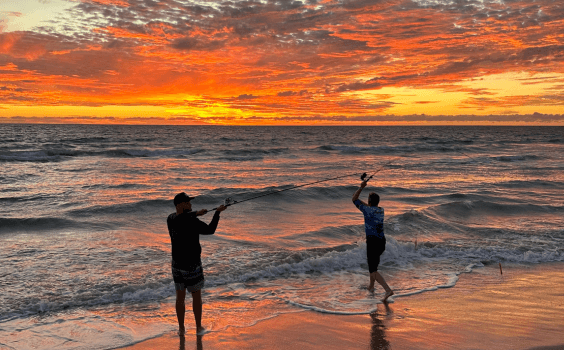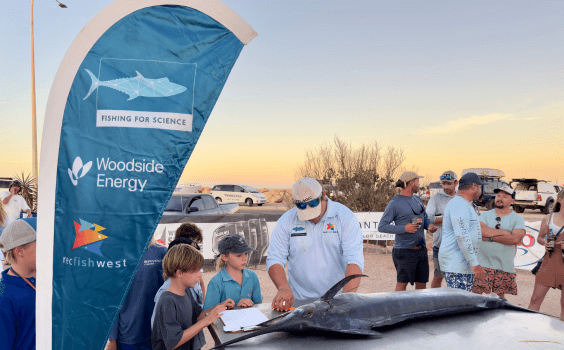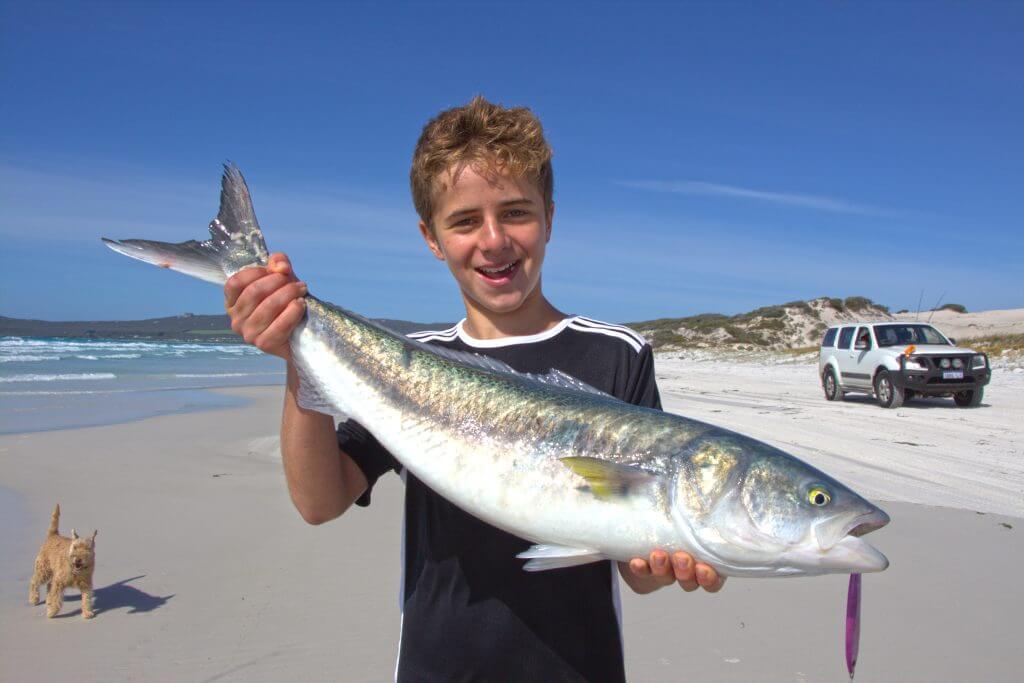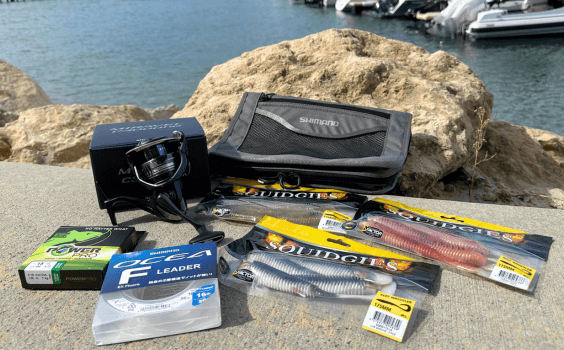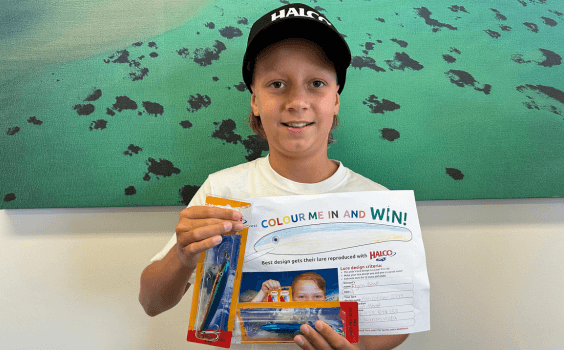Divers, families, boaties and fishers are being urged rally around next month for a community-driven seeding project to restore Cockburn Sound’s seagrass – an important nursery ground for many fish species.
OzFish Unlimited are calling for volunteers to support its third annual Seeds for Snapper program from 20-22 November and help address Cockburn Sound’s significant seagrass loss.
For more information about this year’s Seeds for Snapper activities click here or register as a volunteer here.
Backed by the Recreational Fishing Initiatives Fund and supported by Recfishwest, Seeds for Snapper have organised:
- A seed collection dive on 20 November from 8am to 11am, with qualified volunteer divers helping “collect seagrass fruit”;
- A free seeding day for families to help disperse seagrass seeds at Cockburn Power Boats Association from 8am to 1pm on 21 November; and
- A seagrass garden party on 22 November from 10:30am, encouraging snorkellers to sow seagrass seeds near the Omeo shipwreck.

OzFish CEO Craig Copeland encouraged everyone to take part in this year’s three-day event to boost Cockburn Sound’s seagrass rejuvenation to benefit future pink snapper stocks.
“The Cockburn Sound project has an ambitious goal to reseed one million seeds and help bring back a once thriving ecosystem,” he said.
“We’ve currently reseeded 500,000 seeds to date and this year we’re hoping we can better that.
“We need boat fishers in particular, but also water-lovers, divers and families to get involved. We cannot do this alone – we need volunteers to step up and help.”
Putting the brakes on long-term decline
According to a University of Western Australia study, Cockburn Sound’s seagrass – which provides nursery grounds for species such as pink snapper and squid – has been in long-term decline.
UWA found Cockburn Sound lost almost 80 per cent of its seagrass meadows between 1960s and 1980s, falling from about 4,000ha to less than 900ha.
The habitat loss impacts the area’s juvenile fish, especially pink snapper, given Cockburn Sound is home to the West Coast Bioregion’s only known pink snapper spawning aggregation.
Recfishwest CEO Dr Andrew Rowland said the seagrass loss was equivalent to more than 1,800 Optus Stadium-sized ovals.
“Cockburn Sound’s seagrass meadows are well recognised as critical foraging and nursery grounds for pink snapper and other fish, mollusc and crustacean species,” he said.
“Seagrass meadows help maximise fishing opportunities, as highlighted by the critical link between seagrass habitats and coastal fisheries.”

